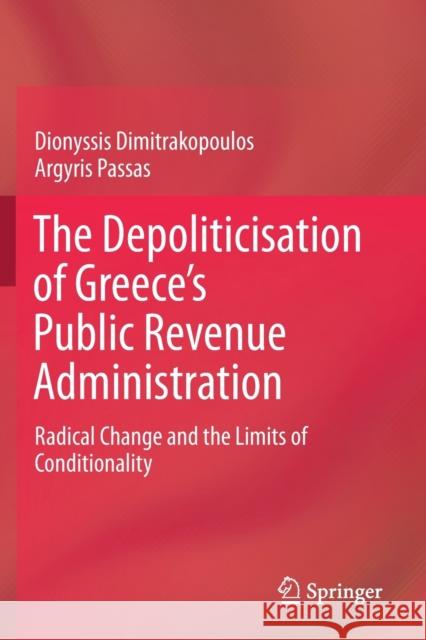The Depoliticisation of Greece's Public Revenue Administration: Radical Change and the Limits of Conditionality » książka
topmenu
The Depoliticisation of Greece's Public Revenue Administration: Radical Change and the Limits of Conditionality
ISBN-13: 9783030232153 / Angielski / Miękka / 2020 / 163 str.
The Depoliticisation of Greece's Public Revenue Administration: Radical Change and the Limits of Conditionality
ISBN-13: 9783030232153 / Angielski / Miękka / 2020 / 163 str.
cena 221,90
(netto: 211,33 VAT: 5%)
Najniższa cena z 30 dni: 212,02
(netto: 211,33 VAT: 5%)
Najniższa cena z 30 dni: 212,02
Termin realizacji zamówienia:
ok. 22 dni roboczych
Bez gwarancji dostawy przed świętami
ok. 22 dni roboczych
Bez gwarancji dostawy przed świętami
Darmowa dostawa!
Kategorie:
Kategorie BISAC:
Wydawca:
Springer
Język:
Angielski
ISBN-13:
9783030232153
Rok wydania:
2020
Wydanie:
2020
Ilość stron:
163
Waga:
0.26 kg
Wymiary:
23.39 x 15.6 x 0.97
Oprawa:
Miękka
Wolumenów:
01
Dodatkowe informacje:
Wydanie ilustrowane











